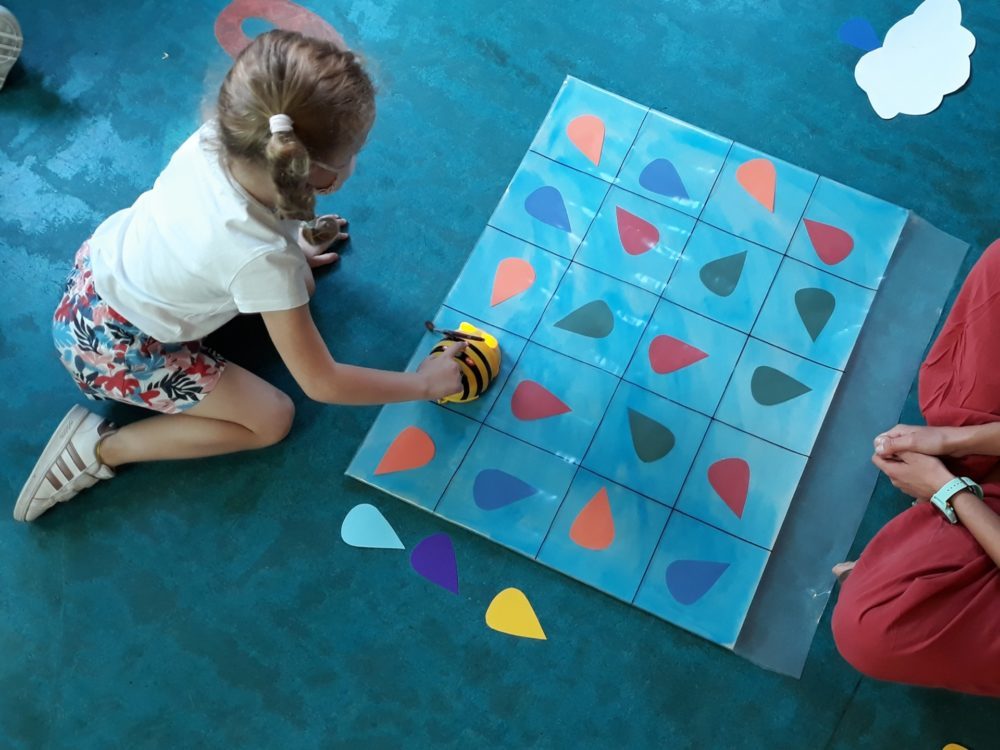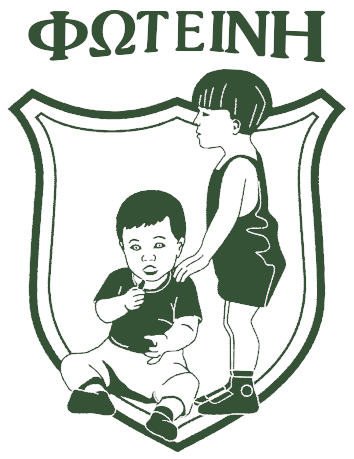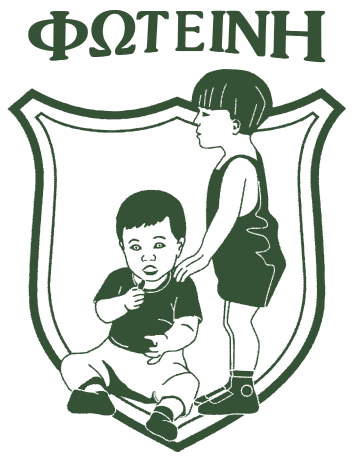with Mr. Konstantinos Tamboulidis
(Preschool, Kindergarten)
Children are predisposed to learn about the world around them.
The term “STEM” (science, technology, engineering and mathematics) is the acronym used for the fields of Natural Sciences, Technology, Engineering and Mathematics. The educational program is part of the future curricula of all levels as they are integral connected with the modern needs and demands of our days. With STEM, the transition from classical teaching to modern teaching is attempted, where students discover our world experientially, while cooperative learning is a key element of the approach, just as we must do for a better world. Finally, with STEAM, “Art” is also included or art in order to give an artistic character to our learning.
The natural sciences in our kindergarten curriculum respond to this need and at the same time cultivate and strengthen their innate curiosity, opening the way to exploration and discovery of our world.
The teacher’s goal is to fully exploit the children’s potential at these young ages, creating in their environment incentives that will allow them to include the scientific approach in their daily activities.
Topics
- Astronomy
- Experiments
- Human body
- Engineering
- Electricity
- Material
- Space
- Biology
- Natural phenomena
ROBOTICS
Pre-Kindergarten)
Robotics is considered the new experiential learning trend in the modern education community. It is a teaching approach tool for courses related to computer science, engineering and art. It contributes to the development of computational thinking, creativity, experimentation and other skills. It enables teachers to approach different fields of knowledge (Language, Mathematics, Physics) in an attractive way and at the same time contributes to algorithmic thinking, creativity and experimentation.
Objectives of educational robotics are:
- The combination of play with knowledge
- Children’s experimentation to solve problems without fear of failure.
- The socialization of children within the group regardless of their rate of response to learning.
- Learning through the collaborative process.
- Free expression, the development of creativity and imagination.
- Cultivating children’s verbal expression during group work.
The robotics kits used are the most common programmable floor robots of the logo type, used with children of toddler age. The aim is for the children to program with a sequence of buttons the movements of the robot (forward-backward-turn 90 degrees -right or left) on a smooth board with alternating environments that offer a variety of cognitive stimuli. Through this student-centered process, children are free to:
- to discuss
- to propose
- to choose
- to negotiate
- to explain
- to try
- to check the results of their choices
- to evaluate the correct and incorrect parts of their solution (metacognitive skills, analytical and synthetic thinking).
In other words, children evaluate, construct, control and change their conceptual structures through their interaction with the world.


